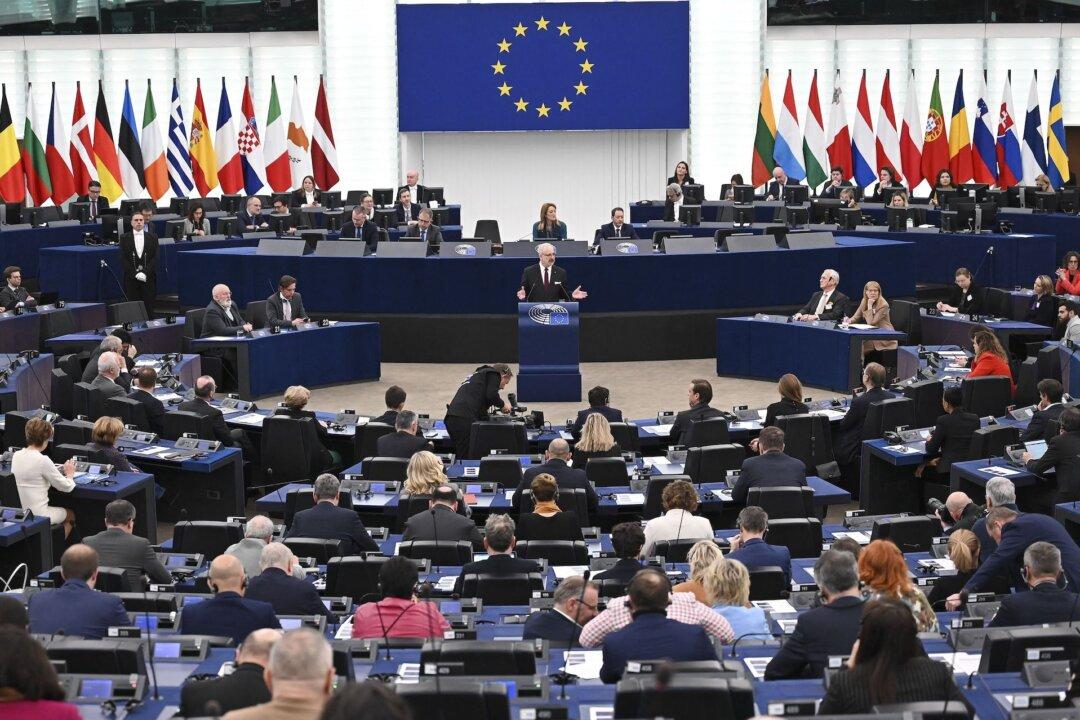The European Parliament and the Council of the EU reached a provisional agreement on Nov. 8 regarding the introduction of a new framework for a European digital identity (eID).
Often referred to as the EU Digital Identity Wallet (EUDI), the tool aims to ensure that all EU citizens, residents, and businesses have access to “secure and trustworthy electronic identification and authentication” in the near future, according to officials.




